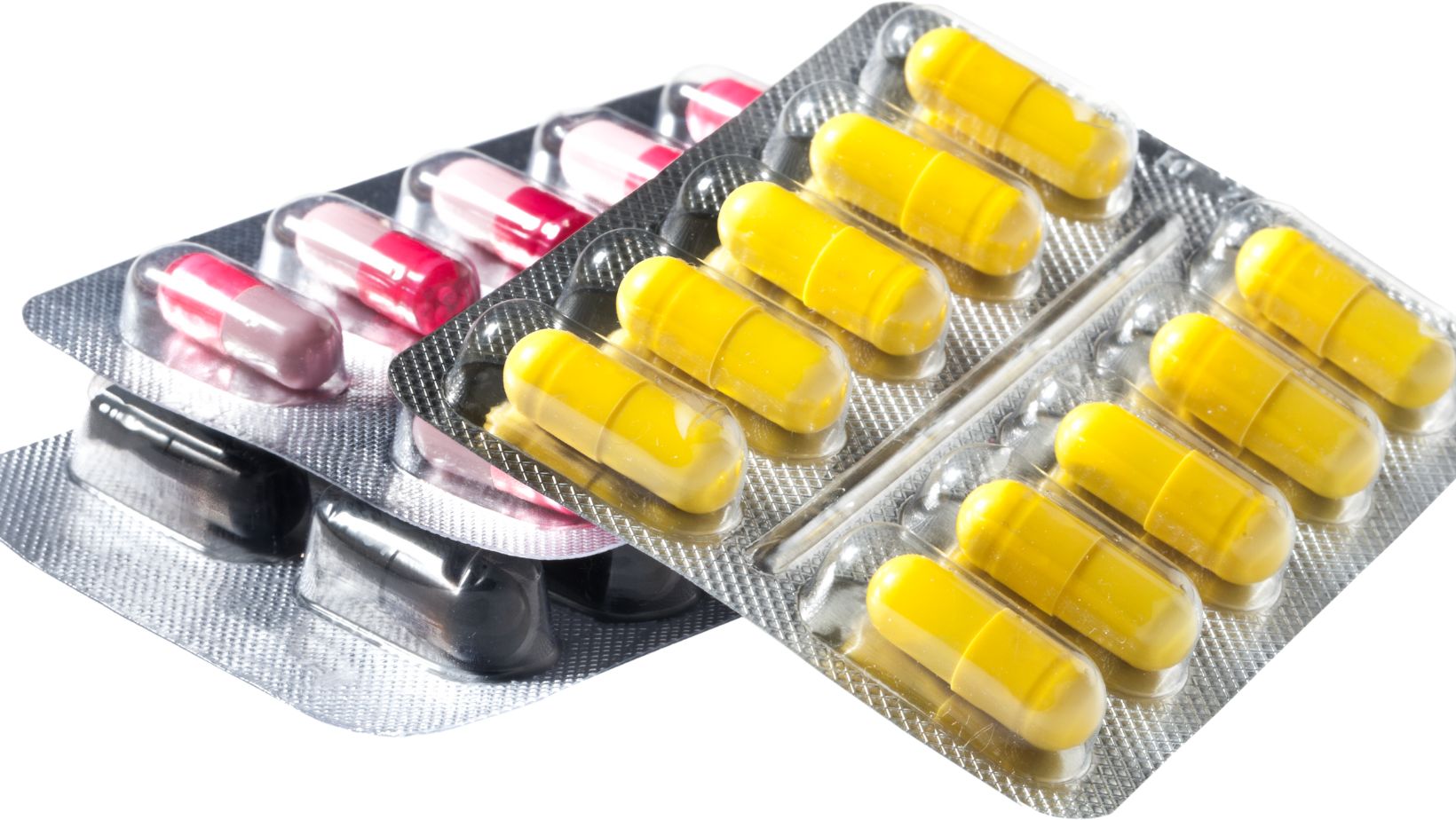
Can You Take Rybelsus and Metformin Together
Are you curious about the potential interaction between Rybelsus and metformin? Wondering if it’s safe to take these medications together? As an expert in the field, I can provide some insights. The combination of Rybelsus and metformin is commonly prescribed for individuals with type 2 diabetes. These two medications work differently but complement each other in managing blood sugar levels.
Rybelsus, also known as semaglutide, belongs to a class of drugs called GLP-1 receptor agonists. It helps regulate blood sugar by stimulating insulin production and reducing glucagon release. On the other hand, metformin is a widely used oral medication that improves insulin sensitivity and decreases glucose production in the liver.
The good news is that there are no significant drug interactions between Rybelsus and metformin reported so far. In fact, studies have shown that combining these medications can lead to better glycemic control compared to using either one alone. However, it’s important to consult with your healthcare provider before starting any new medication or making changes to your current regimen.
Remember, everyone’s situation is unique, and what works for one person may not be suitable for another. Your doctor will consider factors such as your medical history, current medications, and overall health when determining the most appropriate treatment plan for you. So don’t hesitate to reach out and discuss any concerns or questions you might have about taking Rybelsus and metformin together.

Possible Side Effects of Taking Both Rybelsus and Metformin Together
When considering the combination of two medications, such as Rybelsus and metformin, it’s essential to be aware of the potential side effects that may arise. While these medications are commonly prescribed for managing type 2 diabetes, their simultaneous use can sometimes lead to certain adverse reactions. Here are a few possible side effects to keep in mind:
- Gastrointestinal Issues: Both Rybelsus and metformin have been known to cause gastrointestinal discomfort individually. When taken together, the likelihood of experiencing side effects like nausea, diarrhea, or stomach upset may increase. It is recommended to discuss any persistent or severe symptoms with your healthcare provider.
- Hypoglycemia: Combining Rybelsus and metformin may heighten the risk of low blood sugar levels (hypoglycemia). This can manifest as dizziness, confusion, sweating, or even loss of consciousness. Regular monitoring of blood glucose levels is crucial when using both medications concurrently.
- Dehydration: Metformin has been associated with an increased risk of dehydration in some individuals. Adding Rybelsus into the equation might further exacerbate this concern due to its potential diuretic effect. Staying adequately hydrated by drinking plenty of fluids becomes imperative while on this medication combination.
- Vitamin B12 Deficiency: Prolonged use of metformin has been linked to decreased levels of vitamin B12 in some patients. When combined with Rybelsus, which also affects vitamin B12 absorption in the body, there could be an increased risk for developing a deficiency over time. Regular monitoring and supplementation under medical supervision may be necessary.
- Other Possible Interactions: As with any medication combination, there is always a chance for unexpected interactions between drugs that could lead to additional side effects or reduced effectiveness.
It is crucial to remember that not everyone will experience these side effects, and the severity can vary from person to person. Your healthcare provider is the best resource for personalized advice regarding potential risks and benefits of combining Rybelsus and metformin.
While combining Rybelsus and metformin can be an effective approach in managing type 2 diabetes, it’s important to stay vigilant for any possible adverse reactions. Regular communication with your healthcare provider ensures proper monitoring and management of any side effects that may arise during the course of treatment.












